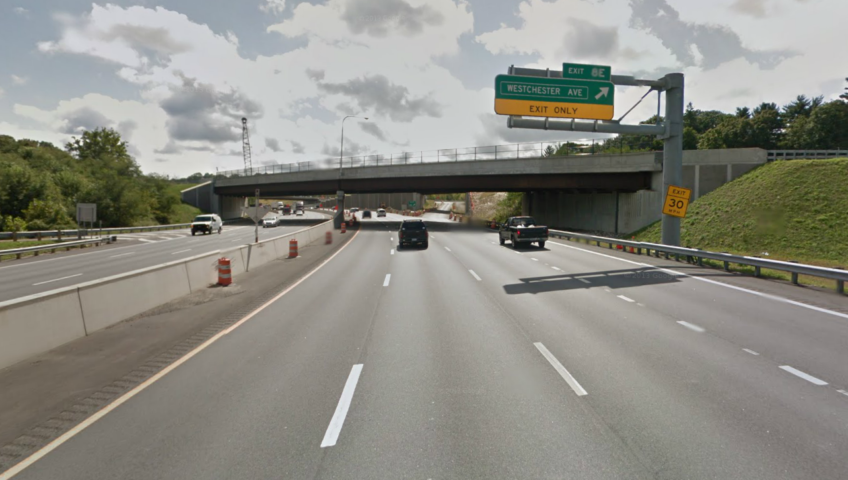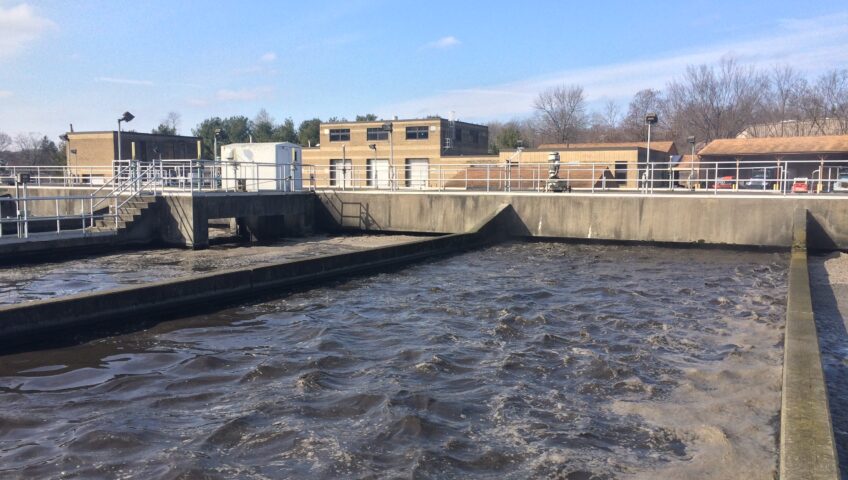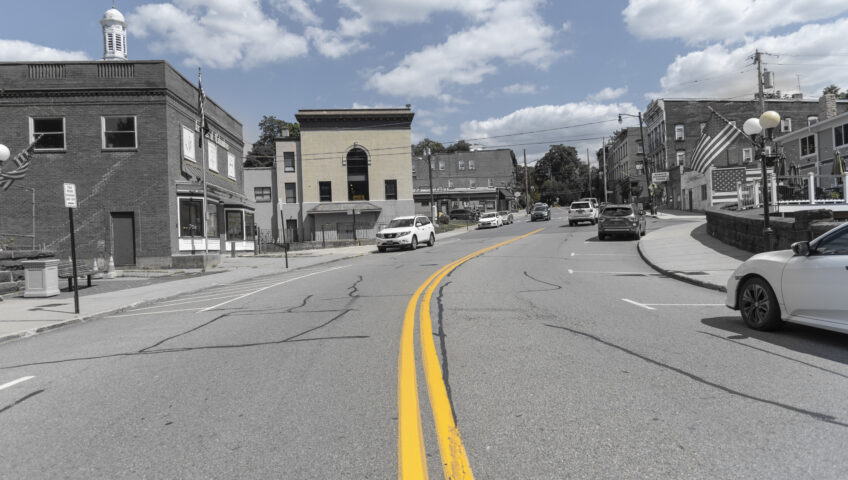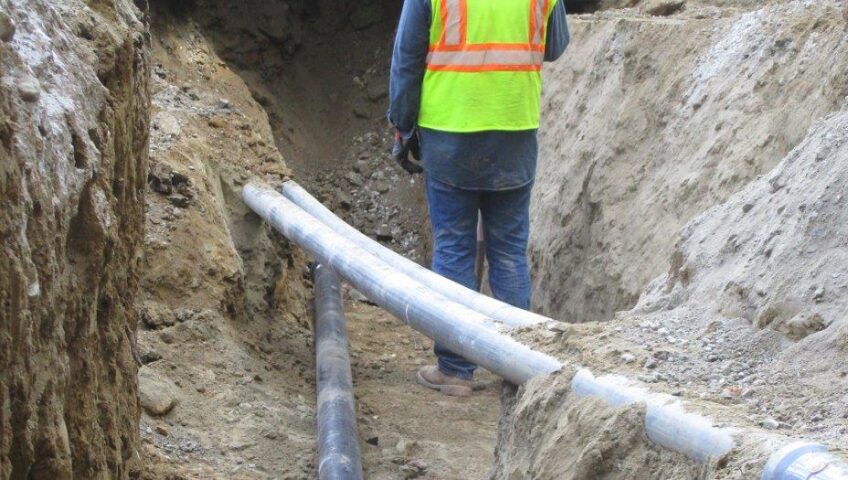Every May, communities, policymakers, and industry leaders come together to recognize Infrastructure Week, which is a national event that highlights the importance of investing in and modernizing America’s infrastructure. This year, Infrastructure Week took place from May 12 to May 16, 2025, offering a platform to reflect on progress, raise awareness, and encourage action across the country.
Infrastructure Week is more than a celebration; it's a call to action. From highways and bridges to water systems and broadband access, our nation’s infrastructure plays a vital role in our daily lives and the health of our economy. Throughout the week, events were held nationwide, including public forums, site visits, and social media campaigns, all aimed at engaging citizens and decision-makers in conversations about the future of infrastructure.
A major highlight of this year's observance was the release of the 2025 Report Card for America’s Infrastructure by the American Society of Civil Engineers. The report card showed encouraging signs of improvement in several key areas, thanks to recent investments and bipartisan support for major infrastructure legislation. However, the overall grade remains short of where it needs to be, signaling that while we’ve made progress, much work still lies ahead.
So, how can you get involved? Supporting Infrastructure Week doesn’t require technical expertise, just a willingness to engage. You can attend local or virtual events, advocate for sustainable funding solutions, support infrastructure-related policies, or even explore careers in construction, engineering, and transportation. Sharing information on social media using hashtags like #InfrastructureWeek and #BuildForTomorrow also helps raise awareness.
As we look beyond Infrastructure Week 2025, it’s clear that continued collaboration and long-term commitment are essential to build a safer, more resilient, and more efficient infrastructure system for future generations. Let’s keep the momentum going—not just one week a year, but every day






